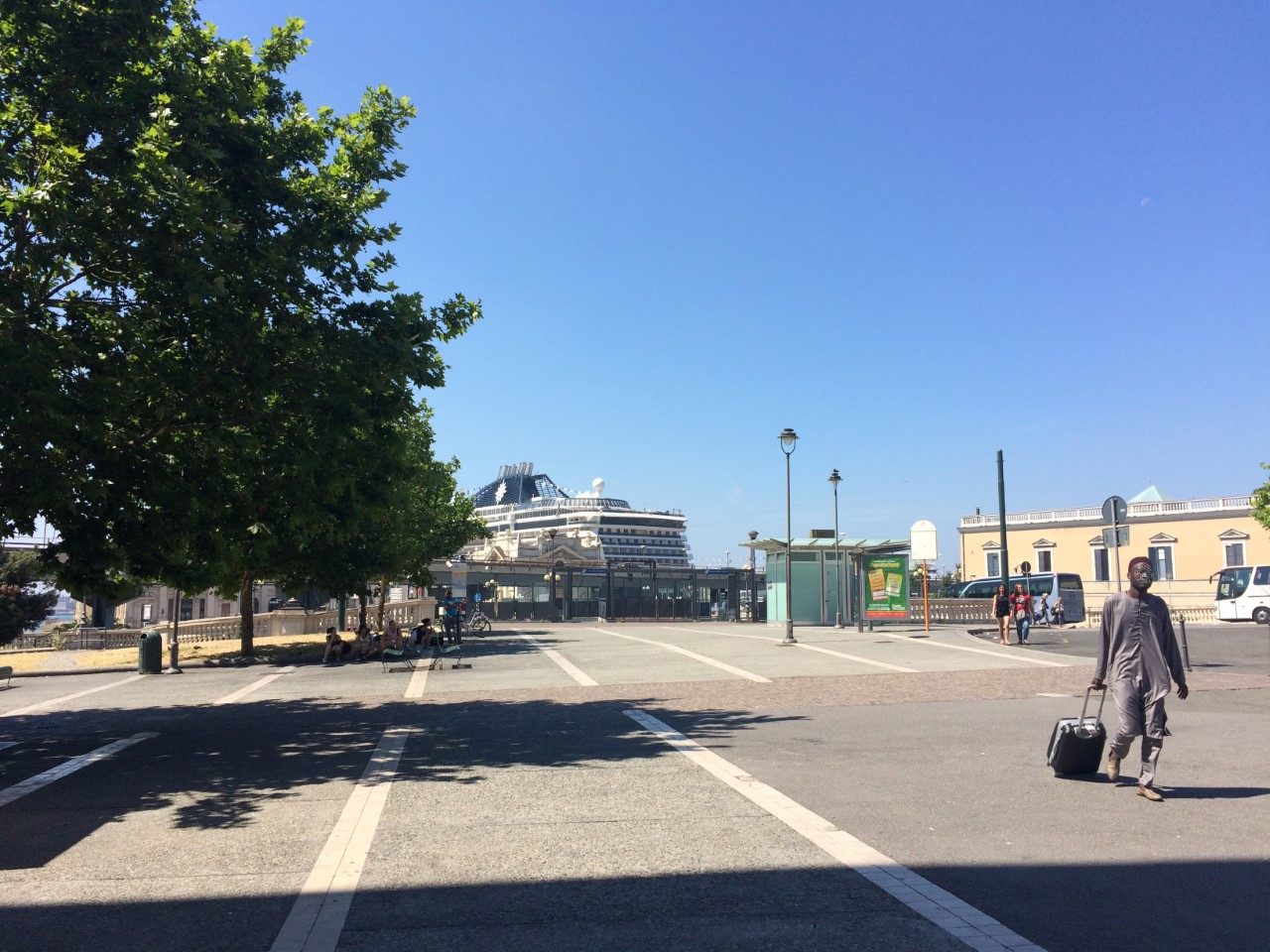Urban inequalities and the identity-to-politics link in the Netherlands and Nigeria
Main Article Content
Abstract
This article examines urban inequalities and minority politics in Amsterdam (the Netherlands) and Jos (Nigeria). Though advanced democracies are considered to be generally more egalitarian than their emergent counterparts, there is very little, if any, scholarly attention dedicated to understanding the specific ways in which the dimensions and parameters of inequalities resemble or contrast between the two contexts. Moreover, while there is growing interest in the identity-to-politics link among urban groups, there is very little comparative sense of how the processes play out across different contexts. Based on a critical analysis of theoretical and empirical perspectives, we show that in Amsterdam, an anti-Muslim discourse, rather than group level inequalities, led to the politicization of immigrant groups. In Jos, however, minority politics is driven by a strong overlap between ascribed identities and inequalities. Though the identity-to-politics link is characterised by a complex set of processes in both cases, the outcomes vary. While minority groups in Amsterdam articulate and pursue their interests within the confines of a well-regulated political space, parties in Jos deploy violent strategies in pursuing their interests because of the prevalence of weak institutions and an unregulated political space that operates on a winner-takes-all logic. The conclusion reiterates a few key insights derived from this cross-fertilization.
Article Details
Section
Authors who submit articles to this journal from 31st March 2014 for publication, agree to the following terms:
a) Authors retain copyright and grant the journal right of first publication with the work simultaneously licensed under a Creative Commons Attribution License that allows others to share and adapt the work with an acknowledgement of the work's authorship and initial publication in this journal.
b) Authors are able to enter into separate, additional contractual arrangements for the non-exclusive distribution of the journal's published version of the work (e.g., post it to an institutional repository or publish it in a book), with an acknowledgement of its initial publication in this journal.
c) Authors are permitted and encouraged to post their work online (e.g., in institutional repositories or on their website) prior to and during the submission process, as it can lead to productive exchanges, as well as earlier and greater citation of published work (See The Open Access Citation Advantage Service). Where authors include such a work in an institutional repository or on their website (ie. a copy of a work which has been published in a UTS ePRESS journal, or a pre-print or post-print version of that work), we request that they include a statement that acknowledges the UTS ePRESS publication including the name of the journal, the volume number and a web-link to the journal item.
d) Authors should be aware that the Creative Commons Attribution (CC-BY) License permits readers to share (copy and redistribute the work in any medium or format) and adapt (remix, transform, and build upon the work) for any purpose, even commercially, provided they also give appropriate credit to the work, provide a link to the license, and indicate if changes were made. They may do these things in any reasonable manner, but not in any way that suggests you or your publisher endorses their use.
For Volume 5 No 3 (2013) and before, the following copyright applied:
Authors submitting articles to UTSePress publications agree to assign a limited license to UTSePress if and when the manuscript is accepted for publication. This license allows UTSePress to publish a manuscript in a given issue. Articles published by UTSePress are protected by copyright which is retained by the authors who assert their moral rights. Authors control translation and reproduction rights to their works published by UTSePress. UTSePress publications are copyright and all rights are reserved worldwide. Downloads of specific portions of them are permitted for personal use only, not for commercial use or resale. Permissions to reprint or use any materials should be directed to UTSePress.
